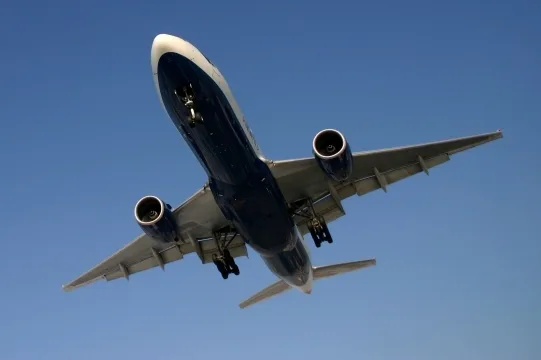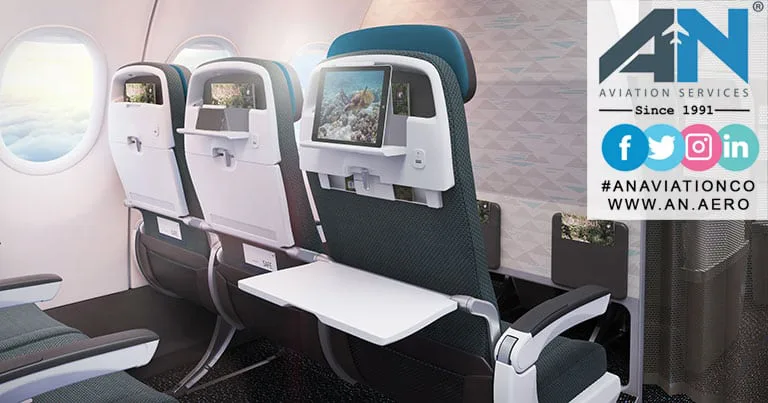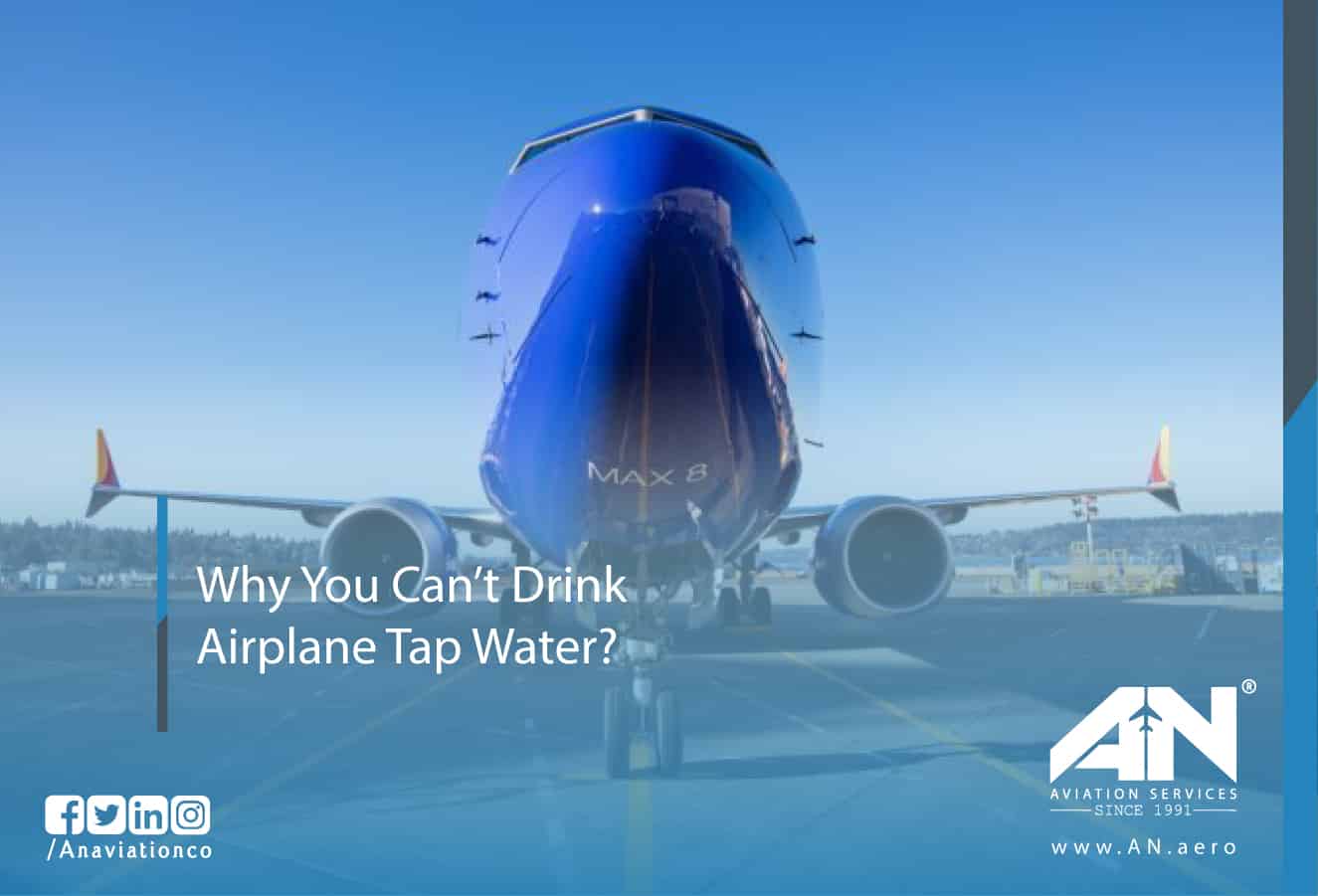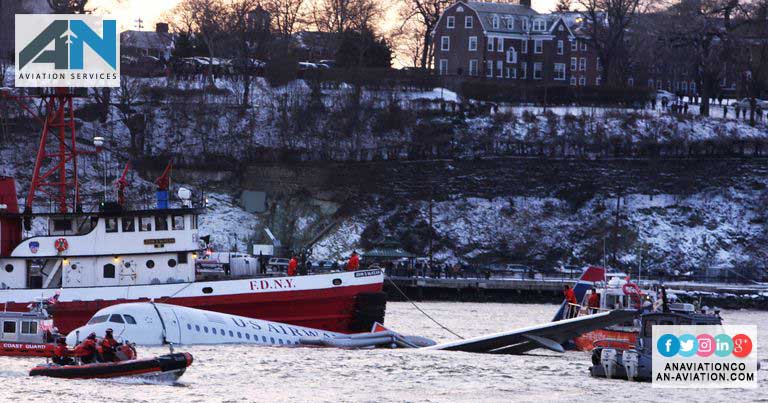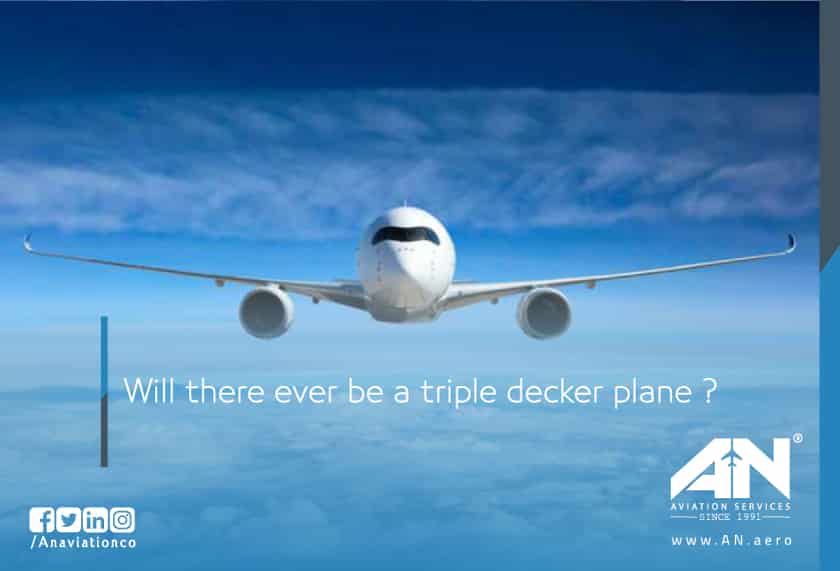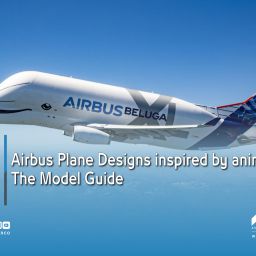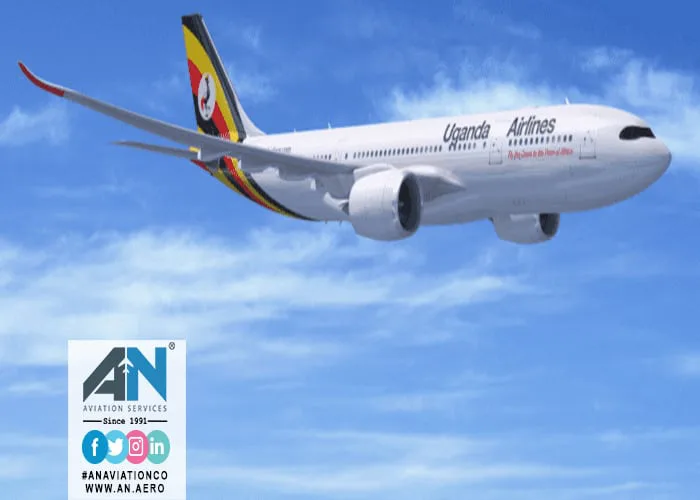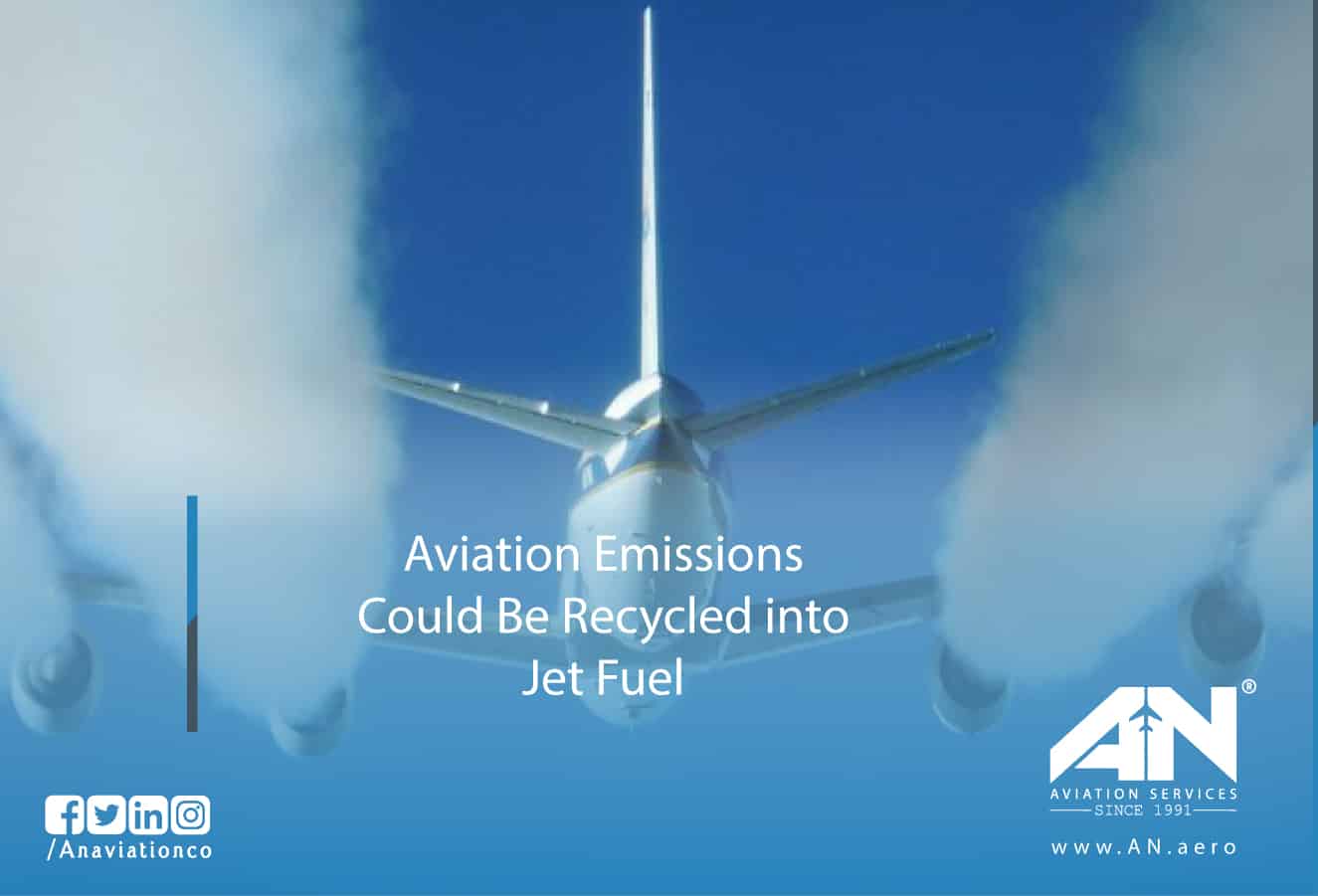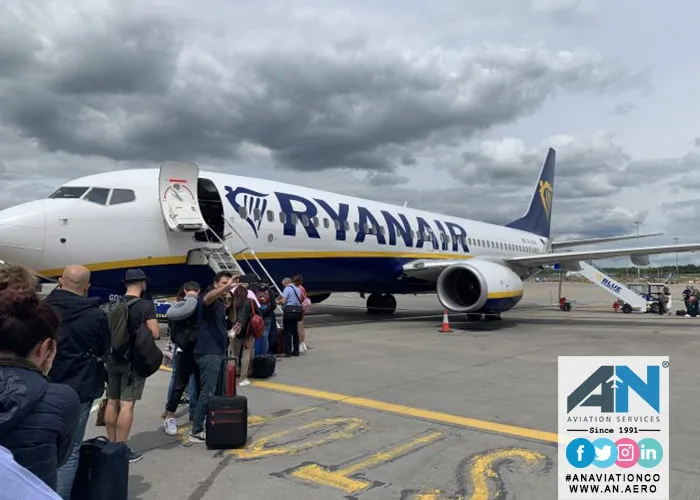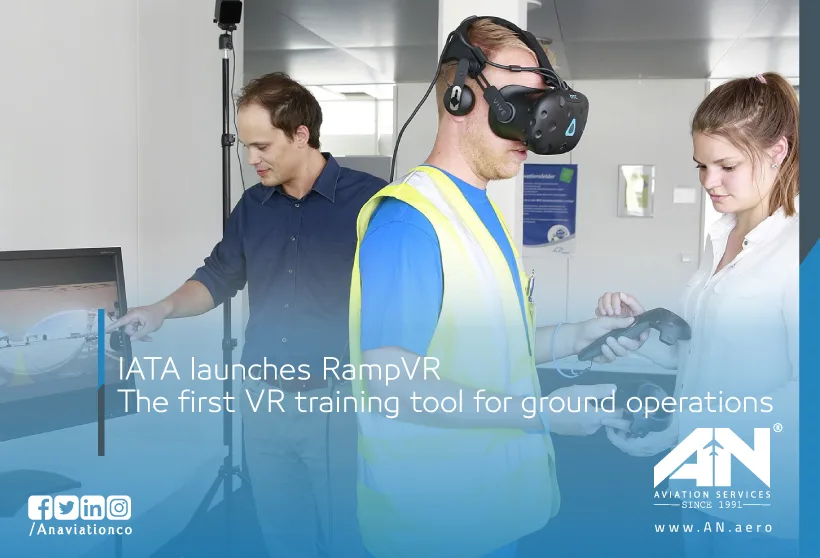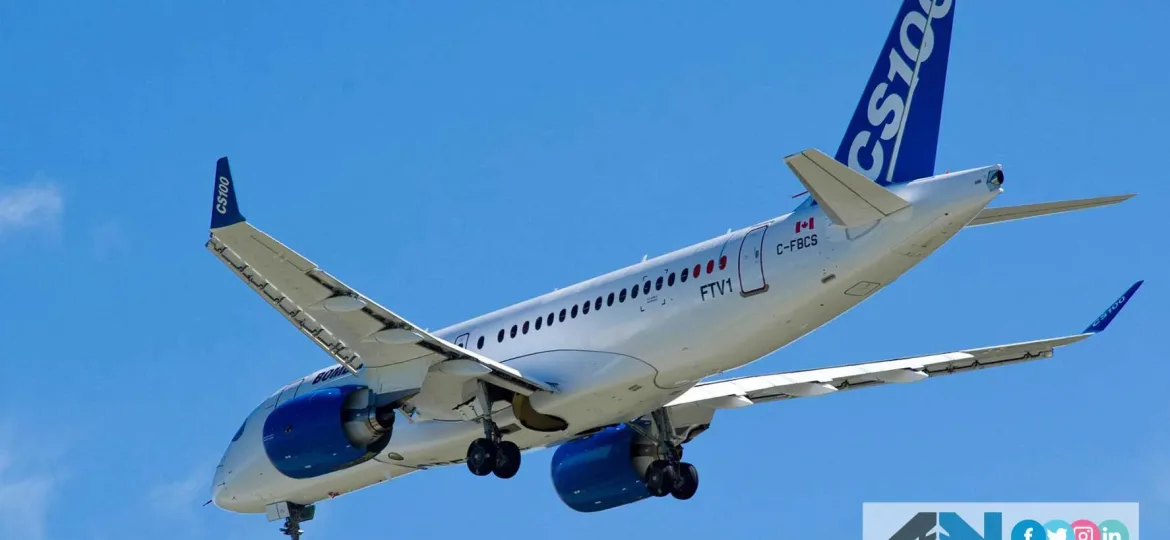
The future of aviation is filled with exciting changes that promise to revolutionize the aviation industry and the way we experience air travel. As new technological advancements reshape everything from aircraft design to in-flight services, passengers and airlines alike are poised to benefit. But what do these changes really mean for you, the traveler?
In this blog, we’ll explore how the future of aviation will impact your travel experiences, the technological developments that will make flights more efficient and eco-friendly, and what to expect in the coming years.
Faster, Smarter, and More Efficient Flights
With ongoing improvements in aircraft design and air traffic management, the future of aviation promises quicker and more efficient flights. Airlines are investing heavily in cutting-edge technologies that aim to reduce flight times and optimize fuel usage.
Artificial intelligence (AI) is playing a big role in optimizing air traffic management and flight planning. Through AI, airlines can analyze weather conditions, air traffic patterns, and other variables in real-time to choose the most efficient flight routes. This not only shortens travel time but also reduces fuel consumption.
For travelers, this means more fuel-efficient flights, fewer delays, and shorter overall journey times, giving you more time to enjoy your destination.
The Rise of Sustainable Aviation: Flying Greener
As concerns about climate change grow, the aviation industry is focusing on reducing its environmental impact. This push for sustainability is leading to some significant changes in aircraft technology and airline operations.
Electric aircraft are one of the most exciting technological developments in the future of aviation. These planes use electric motors instead of traditional engines, drastically reducing carbon emissions. While fully electric aircraft are still in development, hybrid models that combine electric power with traditional fuel are already being tested for short-haul routes.
In addition, airlines are investing in sustainable aviation fuels (SAF). These eco-friendly fuels, made from renewable sources like algae and waste materials, can cut carbon emissions by up to 80%. Major commercial airlines, like United Airlines, are starting to adopt SAF to lower their carbon footprints.
For you as a traveler, this means the opportunity to choose greener flights and contribute to a more sustainable future.
Enhanced Passenger Experience: Comfort and Connectivity
The future of aviation isn’t just about improving aircraft—it’s also about enhancing the passenger experience. Commercial airlines are focusing on making your journey more comfortable and connected, both in the air and on the ground.
Expect improvements in in-flight connectivity with faster and more reliable Wi-Fi. Airlines are upgrading their passenger aircraft with advanced technology to provide seamless internet access, allowing you to stay connected, stream movies, or even work while flying.
Additionally, the use of artificial intelligence is set to personalize your experience further. From custom meal options to tailored in-flight entertainment, AI systems will analyze your preferences and offer services that cater to your needs.
For passengers, this means a more enjoyable, convenient, and personalized travel experience from takeoff to landing.
Seamless Airport and Boarding Experiences
While the advancements in commercial flights are exciting, the future of aviation also focuses on making the airport experience smoother and less stressful. The integration of advanced technology is streamlining processes from check-in to baggage handling.
Biometric check-ins and boarding are already being tested in some airports, allowing passengers to use facial recognition or fingerprints instead of traditional ID checks. This reduces the time spent in lines and speeds up the entire boarding process.
Meanwhile, smart luggage tracking systems are improving the way airlines handle baggage. With RFID tags and real-time tracking, you can monitor your bags throughout the journey, reducing the likelihood of lost luggage.
This focus on efficiency and technology means fewer hassles at the airport and a smoother journey overall.
Next-Level Safety and Comfort Features
As aircraft designs continue to evolve, so does the focus on passenger safety and comfort. New technological advancements in commercial aviation are creating safer and more pleasant flying experiences.
Expect new landing gear systems that provide smoother landings and better stability during takeoff. Innovations in aircraft design also include wider seats, improved cabin pressure control, and better air filtration systems, all aimed at enhancing comfort and reducing jet lag.
Health and hygiene are also a top priority. In a post-pandemic world, airlines are investing in touch-free solutions and enhanced cleaning protocols to maintain a safe cabin environment. For example, advanced UV cleaning systems are being tested to sanitize cabins between flights quickly.
For you, this means safer flights, more comfortable seating, and a healthier in-flight environment.
Expanding Travel Options and Global Connectivity
Advancements in aircraft technology are making it easier for airlines to expand their routes and reach new destinations. The future of aviation includes the development of ultra-long-haul flights and the opening of new regional airports, increasing global connectivity.
New-generation passenger aircraft are being designed to fly longer distances without needing to refuel, enabling commercial flights between cities that were previously separated by multiple layovers. Airlines are also focusing on regional connectivity, with more efficient powered planes designed to operate out of smaller airports, reducing congestion at major hubs.
For travelers, this means more direct flights, fewer layovers, and easier access to previously underserved destinations.
Conclusion: What the Future Holds for Air Travel
The future of aviation is full of promising changes that will redefine the way we experience air travel. From faster and more fuel-efficient flights to enhanced passenger comfort and safety, the aviation industry is embracing new technologies that benefit both airlines and travelers. Commercial airlines are prioritizing sustainability, connectivity, and personalized services, all of which point to a brighter, greener, and more enjoyable flying experience.
Whether you’re a frequent flyer or someone who takes an occasional trip, these technological developments will impact how you plan and enjoy your travels. With advanced technology on the rise and the push for sustainability in full swing, the skies are truly looking brighter for the future of commercial aviation.
FAQ
What does the future of aviation actually mean for everyday travelers?
For passengers, the future of aviation means quieter aircraft, more efficient flights, cleaner fuel use, and a smoother travel experience. Expect better onboard technology, more direct routes, and increased focus on comfort and sustainability.
Will flying become more environmentally friendly in the future?
Yes. Aviation is moving toward lower emissions through sustainable aviation fuel, more efficient aircraft designs, and improved flight operations. While flying won’t be emission-free overnight, the industry is steadily reducing its environmental impact.
How will new aircraft technology change air travel?
New technology will make aircraft smarter and more efficient. Advances in aerodynamics, materials, automation, and digital systems are improving safety, reducing fuel burn, and enhancing reliability across both commercial and private aviation.
Will air travel become more affordable or more expensive?
Pricing will continue to depend on demand, fuel costs, and airline strategy. While sustainability investments may increase costs in some areas, efficiency gains and new aircraft can help keep air travel accessible for many travelers.
How will the future of aviation affect jobs and careers?
Aviation careers are evolving rather than disappearing. Demand is growing for pilots, engineers, technicians, data specialists, and sustainability experts. New technologies will create new roles while reshaping traditional ones.
Will electric or hydrogen aircraft replace traditional airplanes?
Electric and hydrogen-powered aircraft are expected to play a growing role, especially on short regional routes. Long-haul flights will likely rely on cleaner fuels and efficiency improvements rather than full electrification in the near future.
How will automation change the way aircraft are flown?
Automation will assist pilots more than replace them. Future cockpits will rely on advanced systems to reduce workload, improve decision-making, and enhance safety, while pilots remain responsible for oversight and control.
Will airports change as aviation evolves?
Yes. Airports are becoming more digital, efficient, and passenger-focused. Expect faster security processing, improved baggage handling, smarter terminals, and better integration with sustainable ground transportation.
How will the future of aviation impact remote or underserved regions?
Improved aircraft efficiency and new regional air mobility concepts may increase connectivity for smaller communities. This could make air travel more accessible where traditional routes were previously uneconomical.
What should passengers expect from aviation beyond 2030?
Passengers can expect more personalized travel, cleaner operations, and greater transparency. The future of aviation aims to balance growth with responsibility, making air travel safer, smarter, and more sustainable.



